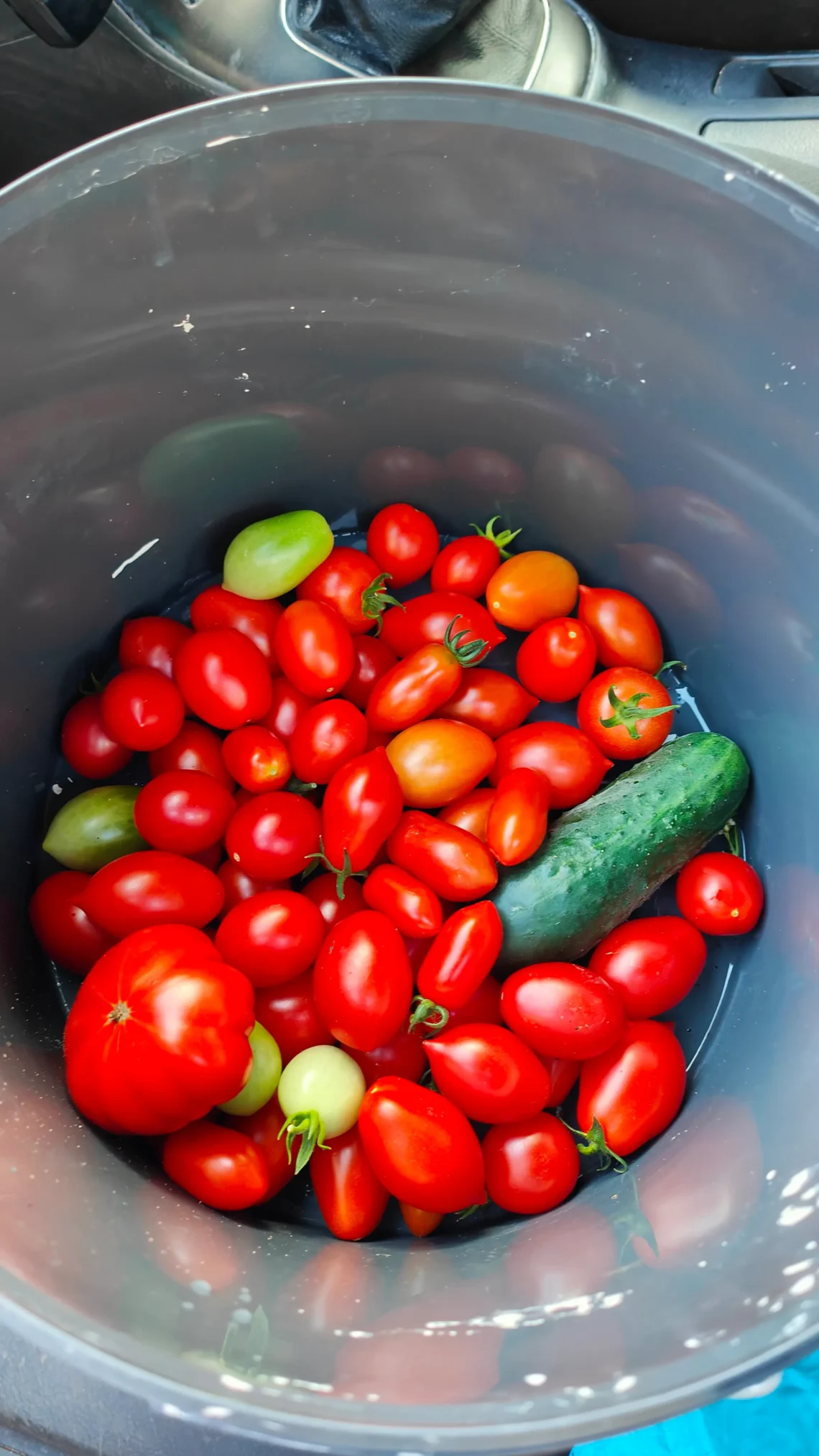Diet
diet
-
Net Zero and Carbon Credits Exposed for all to See!
Net Zero and Carbon Credits are both concepts that allow polluters to continue to pollute. Fact. Both ideas have been drawn up to not rock the boat, yet to appear as though governments are doing something about global warming. The glaring problem with Net Zero and Carbon Credits are the words “net” and “credits”. https://www.efeca.com/wp-content/uploads/2021/12/UK-RTSS-APR-2021.pdf I’m writing this because today I learned that an estate in Leicestershire will earn £120,000 by farming sustainably. Every farmer should be farming sustainably. There’s a dark side to the £120,000 though. The farm in question is selling the carbon credits. Some are being bought by the Mercedes Benz formula one team so that they can claim in time to becoming a net zero racing outfit. In other words Mercedes Benz are buying Net Zero and Carbon Credits to improve their status whilst still producing the same level of CO2. And remember CO2 production is cumulative not annually turned over. Net Zero and Carbon Credits are misleading. Im typing stuff just for the sake of typing the words net zero…
-
Cows Milk in our Diet – the Future
The future of cows milk in our diet is up for discussion. It is the most consumed dairy product in the world by volume and in the UK is cheaper than bottled water. By an accident of genetics, Caucasian peoples are able to digest cows milk, but many are intolerant to some degree. In contrast Asian origin people are, post infancy, unable to digest cows milk. Founder of Earth and Leaf – Iain Dunn “My career is founded on milk. Early on this was through the family farm. We milked about 36 cows to a bucket in traditional cowsheds. These cows frequently lived to 12 or more years of age. Later I attended Agricultural College and then University where I studied Agricultural Sciences. I am still learning about milk thirty six years later. I have spent most of my working life in the dairy industry mostly with cows but also with goats.” Cows Milk in our Diet Cow’s milk is not a great food source for vast numbers of people on our planet. There are…
-
Taking Account of Hidden Costs Results in Sustainable Food Production
Taking account of hidden costs in food production will result in sustainable food production. These hidden costs are called Externalities in traditional economics. That sounds really complicated. It isn’t. True cost accounting is the correct way to look at and evaluate these hidden costs. Mainstream economics hides these costs with good reason. Many seemingly profitable economic decisions would not be taken if these costs were taken into account. This change in our economic system is vital to protect our world. It is also vital that the system is adopted by the United Nations, the only way that China, Russia, India and in particular, the USA can be pressurised to comply. This video was produced by Friends of the Earth Taking Account of Hidden Costs Classical economics does not take account of externalities. In the science of economics the term externalities is used to lump together the external costs of an economic action or policy. Historically we have been informed that these costs are very difficult to measure; so they are ignored which is really convenient…
